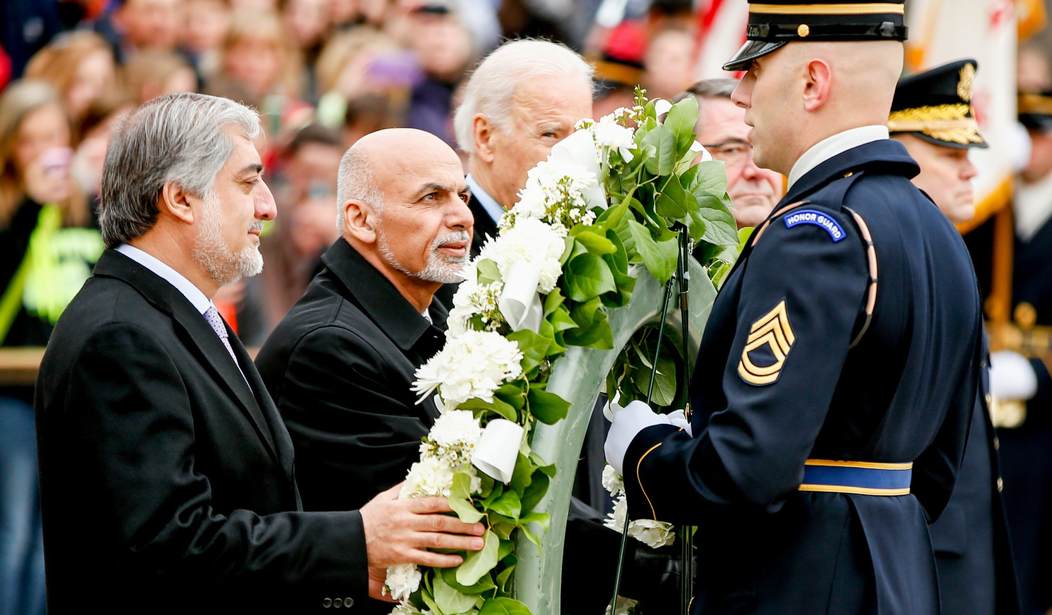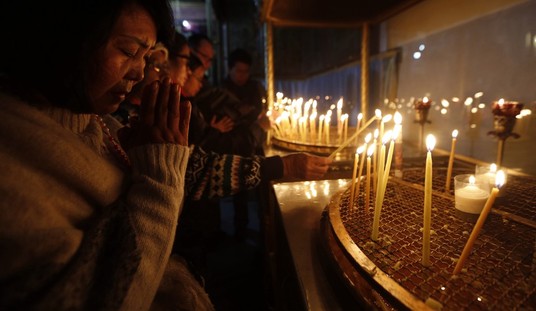The special inspector in charge of overseeing U.S. reconstruction in Afghanistan said officials have underestimated how great of a threat corruption is to coalition efforts there.
In a Wednesday speech at the University of Pittsburgh’s Graduate School of Public and International Affairs, John Sopko said his office believes “that time is of the essence” in reconstruction.
The Special Inspector General for Afghanistan Reconstruction (SIGAR) is a temporary office to remain in operation until the funding for projects drops below $250 million. There is still about $11.5 billion waiting to be spent in Afghanistan; SIGAR has issued 210 audits thus far.
Sopko, a former state and federal prosecutor with the Department of Justice’s Organized Crime and Racketeering Section, was appointed to his post in 2012. “I thought I knew all about corruption, but I can tell you that what I have seen and heard in the last four years in Afghanistan puts to shame what we call corruption here,” he said. “And this pervasive corruption poses a deadly threat to the entire U.S. effort to rebuild Afghanistan.”
“Corruption was not always at the top of the U.S. agenda in Afghanistan. In fact, some would argue that it still is not given the importance it deserves,” he said, stressing that the U.S. “also failed to recognize that vast sums of money injected into the Afghan economy, with limited oversight and pressures to spend, created conditions for corruption.”
“The problem, then and now, was that combatting corruption required the cooperation and political will of Afghan elites whose power relied on the very structures that anticorruption efforts sought to dismantle.”
Sopko said “Afghans regularly report having to pay bribes to a variety of Afghan government service providers, including the police, the courts, health personnel, and educators,” and “there are numerous reports of the Afghan government paying for non-existent ghost teachers, ghost schools, and ghost police.”
“Although the United States is more outspoken today about corruption in Afghanistan, the performance of many of the anticorruption bodies established with U.S. support over the past decade has been disappointing,” he said. “Several of the anticorruption organizations lack enforcement tools. Instead, they are concerned with maintaining focus and raising awareness of the corruption issue. However, raising the issue without being able to do anything about the issue is a recipe for frustration.”
The tide could be turning, Sopko noted, as current President Ashraf Ghani and Chief Executive Abdullah Abdullah may have “the political will” to fight corruption as necessary.
Ghani “requested SIGAR’s help with his government’s efforts to repatriate the funds stolen from the Kabul Bank by way of fraudulent loans, especially funds that have been moved to the United States.”
“He has asked SIGAR to become part of a new task force that he plans to create that will be made up of the Ministry of Finance, the Attorney General’s office, and the Kabul Bank Asset Recovery Commission,” the inspector general continued. “He told me at our most recent meeting that SIGAR would have full access to the relevant banking and financial records.”
“These are positive steps, but there is more to be done. I believe donors can help by laying down smart donor conditions for assistance. Smart donor conditions can enable Afghan reformers the political ‘top cover’ to implement changes they might not otherwise have been able to implement due to push-back by corrupt political elites.”
Despite these advances, Sopko stressed, “Afghanistan is running out of time when it comes to tackling corruption.”
“We at SIGAR are convinced that the dangers of letting corruption run rampant are greater than the risk of disrupting the entrenched practices of Afghan officials,” he said.









Join the conversation as a VIP Member